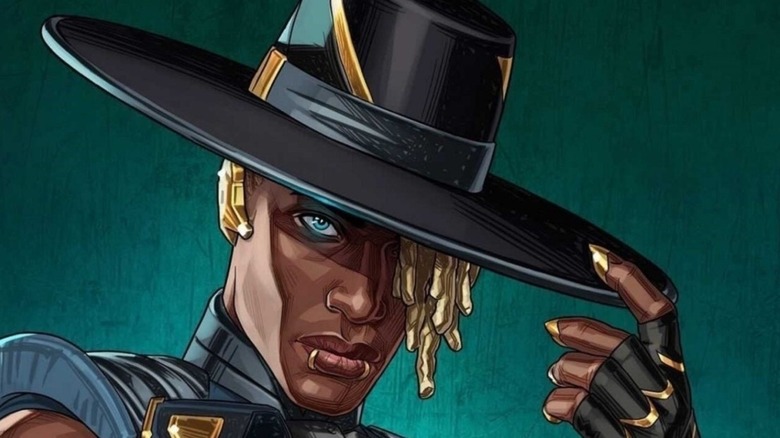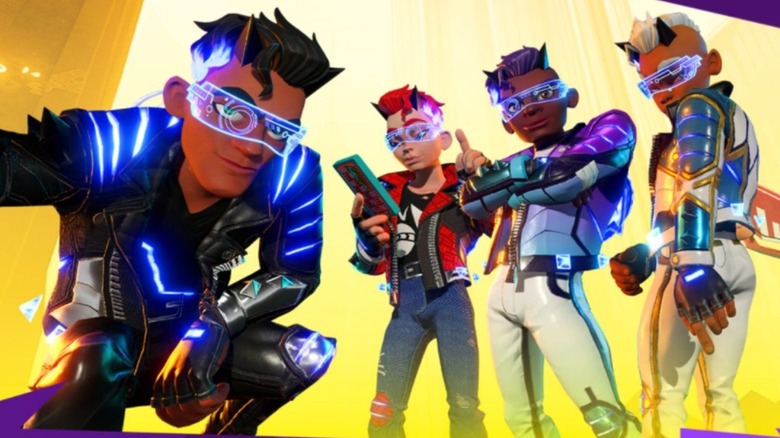New Patent Will Make Creating Game Characters A Breeze
As the gaming industry grows and AAA games get more advanced, the cost of making them goes up as well. In an interview with Jason Schreier of Bloomberg, former PlayStation Chief Shawn Layden said that game development "seems to double in cost every platform." This puts developers in a position where making a new game is a big risk, since they have to be able to make their development money back before they can turn a profit. Anything that can cut back the cost of making games mitigates that risk, making it easier for companies to green-light new projects. Now, a newer patent from Electronic Arts has the potential to change the way the company renders the characters in its games, making the process easier than ever.
EA has managed to keep busy in spite of this, however. It recently announced a new Seattle-based studio dedicated to making open world games, rumor has it EA is reviving one of its older IPs as well. It's likely that all of these projects could be made significantly easier by the advent of this new patent, which allows EA's various development studios to utilize a new method of virtually generating characters from images or video data. Here's how EA's exciting new patent would theoretically work
EA's new patent would turn photos into character models
EA filed the patent all the way back in 2019, but it was finally granted earlier this year. Titled "Virtual character generation from image or video data," this new method of character generation works by taking video or even something as simple as a photograph of a real-life person and then using the software to analyze the images.
The software "may then generate a custom visual appearance model and a custom behavior model corresponding to the real person, which may subsequently be used to render, within a virtual environment of a video game, a virtual character that resembles the real person in appearance and in-game behavior." The developers may tweak and change the rendered 3D-mesh character that results from the scan, but this technology has the potential to cut hours of human work-hours off a project, removing the need to build a character model entirely from the ground up — thereby lowering the time and cost it takes to make it.
On the other hand, Game Rant raised the concern that there might be long-term consequences to this technology if used improperly. For instance, unscrupulous developers could theoretically use the technology to replicate people's likenesses from photographs without their permission. Of course, this is still a relatively new patent, so fans may just want to wait and see what EA does with the concept.


